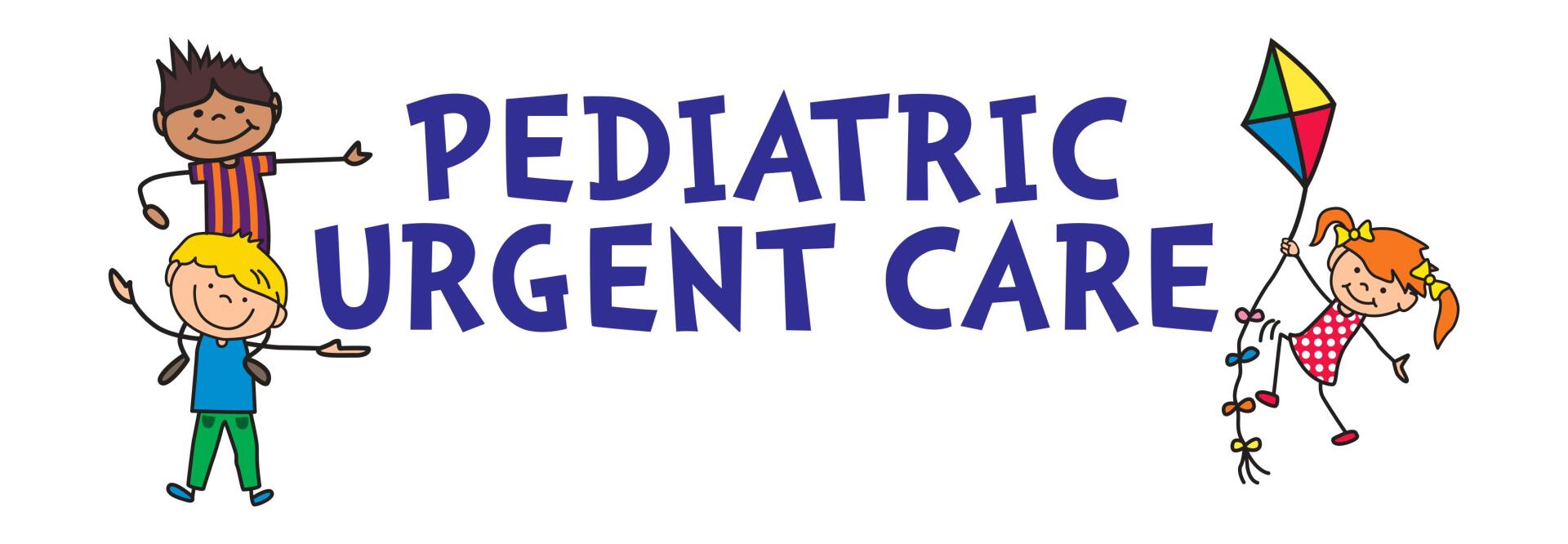How to Handle a Bee Allergy
What Are the Symptoms of a Bee Allergy?
Nobody likes getting stung by a bee, and many children are understandably afraid of and upset by the thought of bee stings. However, for some children, a bee sting is not merely a cause of momentary pain. It can trigger a severe allergy with potentially life-threatening consequences.
Reactions to bee stings range from the mild to the severe. Mild reactions include a sharp, burning pain at the site of the sting and swelling or a welt at the sting area. If these are all the symptoms your child experiences and if they go away in a few hours, you likely have nothing to worry about.
More moderate reactions include extreme redness and more swelling, especially if the swelling grows more severe over the next day or so. While these reactions tend to go away over the course of a week or so, they are still a cause for concern. Talk to your child’s physician if they experience moderate reactions to bee stings, as they may be developing a bee allergy.
The most severe reaction to bee allergies is anaphylaxis. This is a life-threatening allergic reaction. If your child experiences it, seek immediate medical attention. Click here to learn more.
How Are Bee Allergies Treated?
Prevention is the key to treating bee allergies. While there are now allergy shots available that can reduce or eliminate bee allergies, this is a long-term therapy. In the meantime, it’s up to you to protect your child from serious allergic reactions.
Make sure your child knows to avoid bees and other stinging insects whenever possible. Don’t let them run barefoot through grass, and try to keep them covered with long sleeves and pants whenever possible. While outdoors, have them avoid wearing bright colors, and don’t let them drink from opened sugary drinks that have been left unattended. Teach them how to react to bees: to hold still, not to try to swat the bee, and to try to blow gently on the bee to get it to move away.
If your child ever is stung, treat them for anaphylaxis as necessary and seek immediate medical attention. The team at Pediatric & Adolescent Urgent Care of WNY is here to help if that is ever needed. We have many years of experience with bee allergies, and we’re available to help when your child might need it most – if they get stung while playing after school or on a weekend. Simply come into our office in Amherst or Orchard Park, and we’ll be ready to help. Contact us today!
Pediatric & Adolescent Urgent Care of WNY
1800 Maple Road, Suite #100
Williamsville, NY 14221
716-636-KIDS (5437)
| Fax: 716-636-5439
Williamsville Hours:
Monday to Friday: 10:00 am - 10:00 pm
Saturday & Sunday: 10:00 am - 10:00 pm
3055 Southwestern Blvd., Suite #104
Orchard Park, NY 14127
716-636-KIDS (5437)
| Fax: 716-636-5439
Orchard Park Hours:
Monday to Friday: 10:00 am - 10:00 pm
Saturday & Sunday: 10:00 am - 10:00 pm

